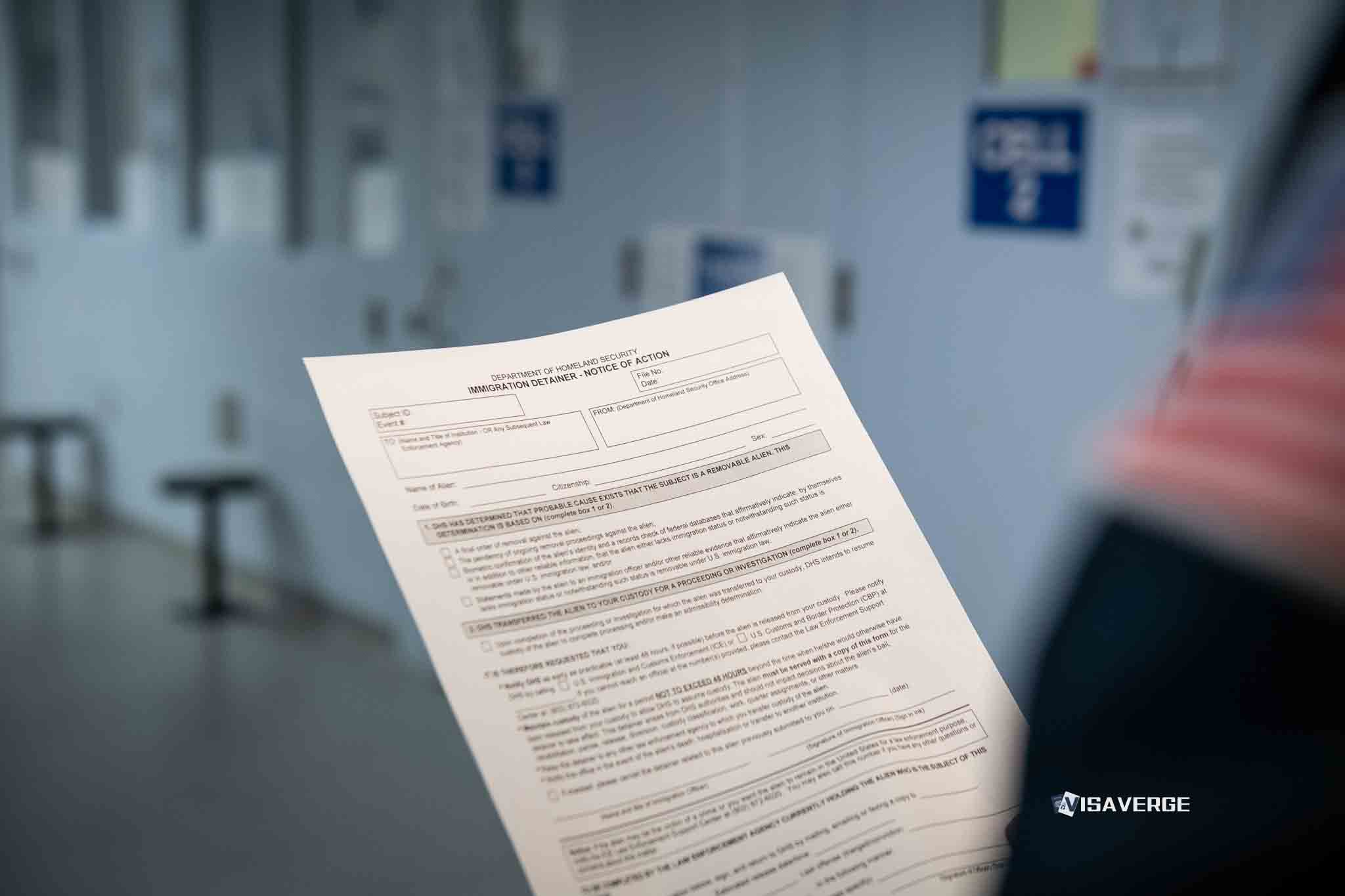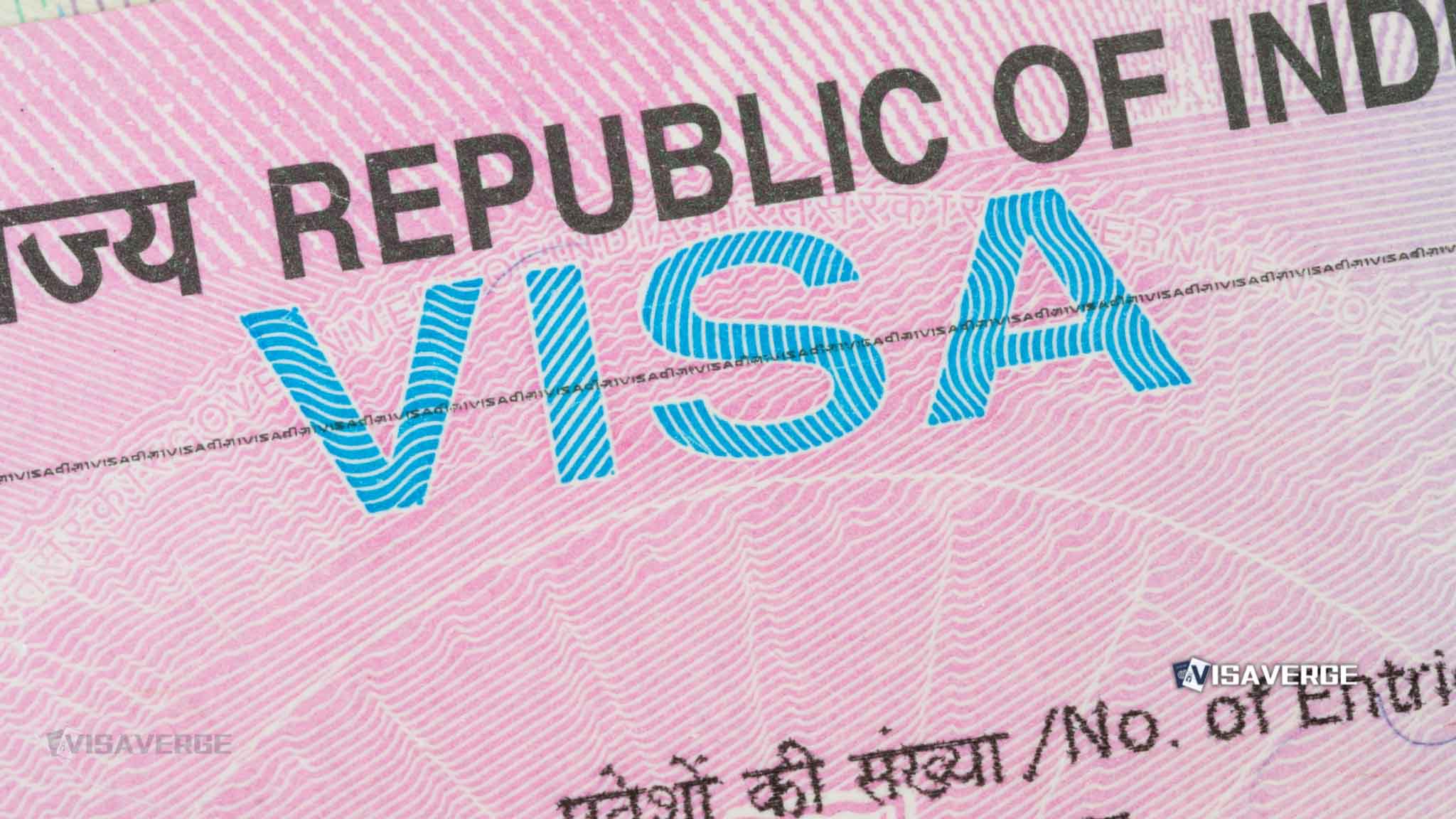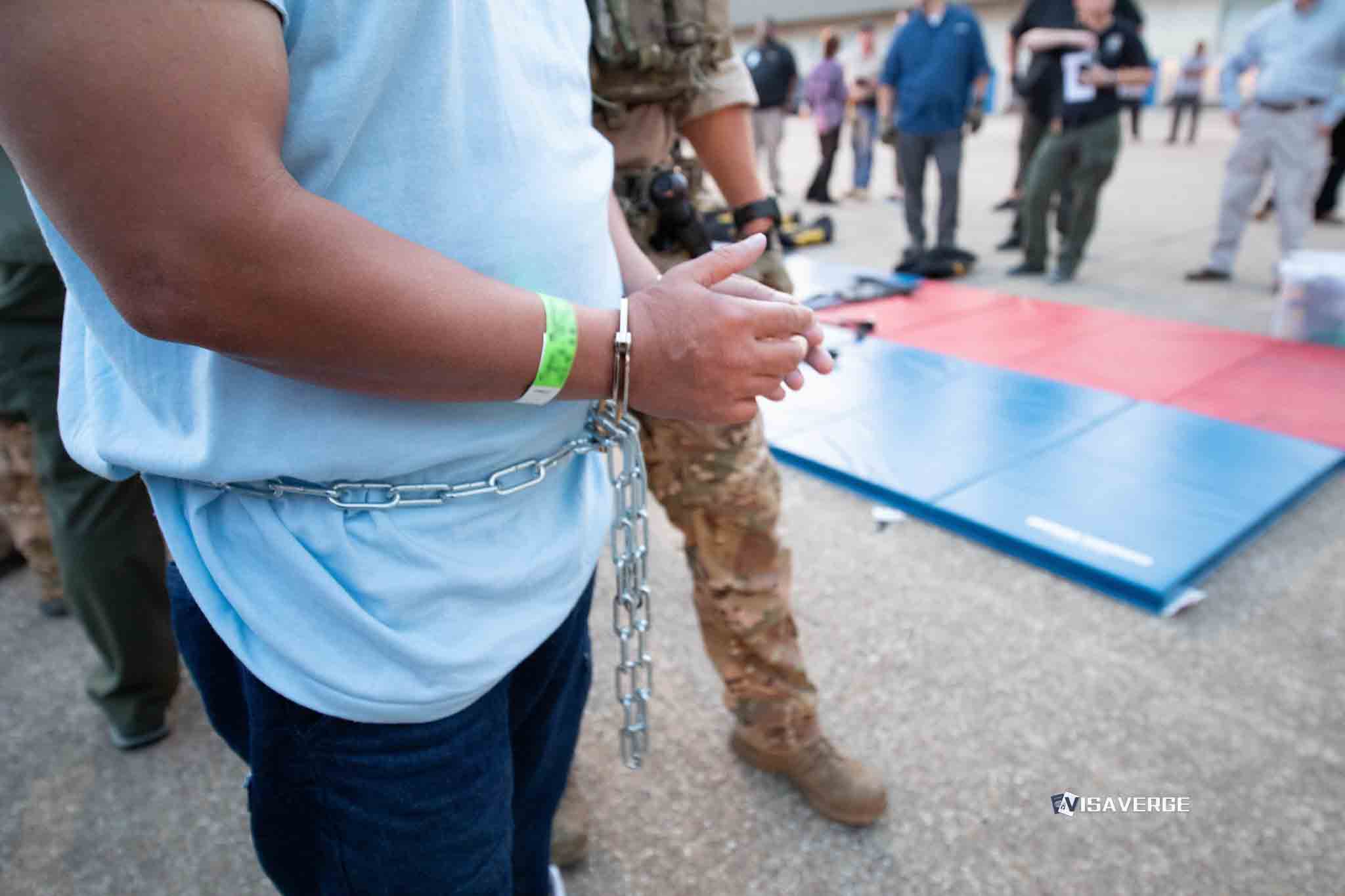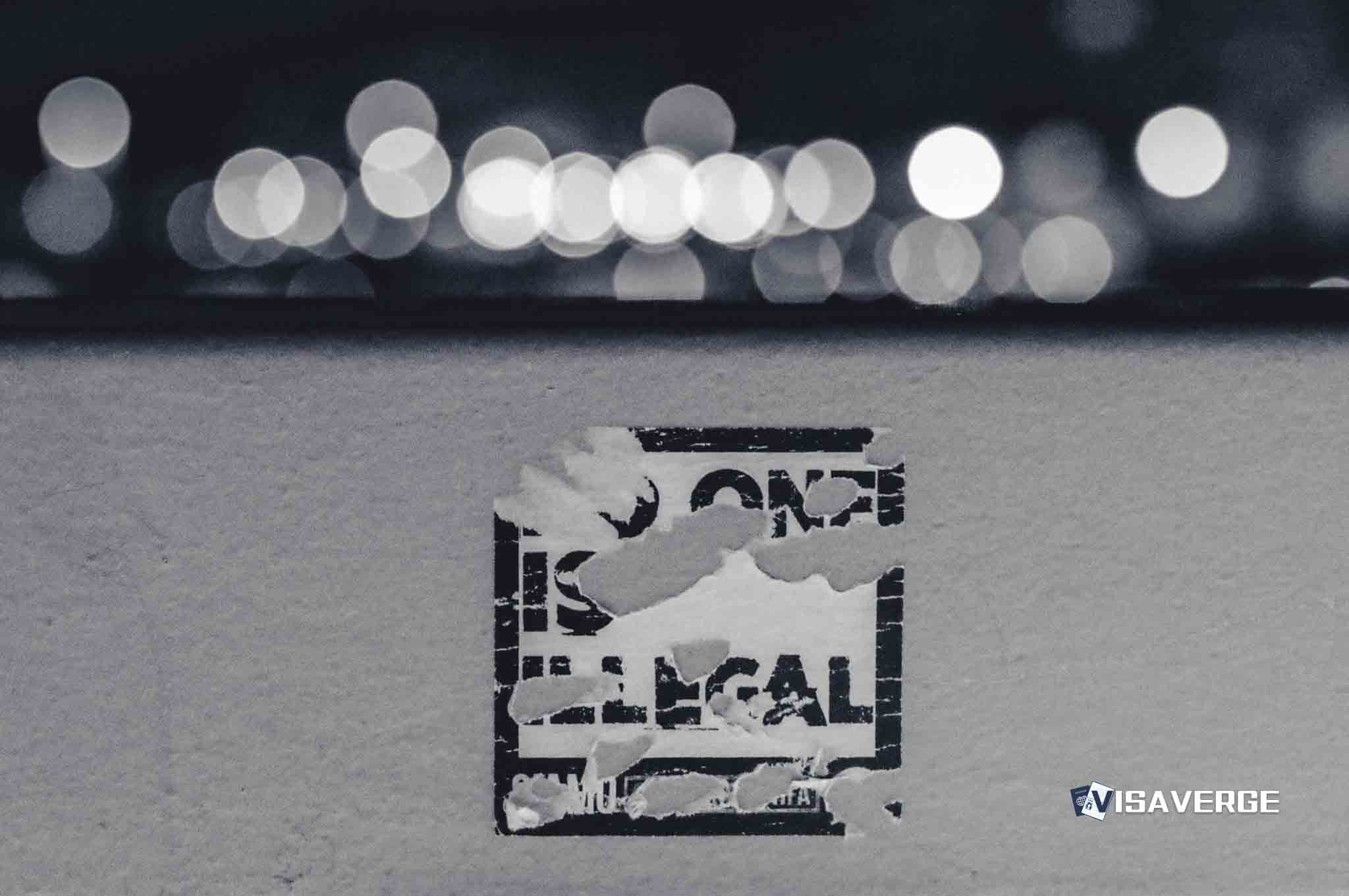India’s top election official has clarified that Aadhaar is not proof of birth, residence, or citizenship, and cannot be used to decide eligibility for voter registration. Chief Election Commissioner Gyanesh Kumar said on October 6, 2025 that this position follows Supreme Court orders issued in 2023 and later, as well as the Aadhaar Act. He stressed that the Aadhaar card is only a proof of identity. This applies to all Aadhaar cards, including those issued or downloaded after 2023.
The clarification answers a common question from applicants who believed Aadhaar alone could establish their date of birth, home address, or nationality for inclusion on the electoral roll.
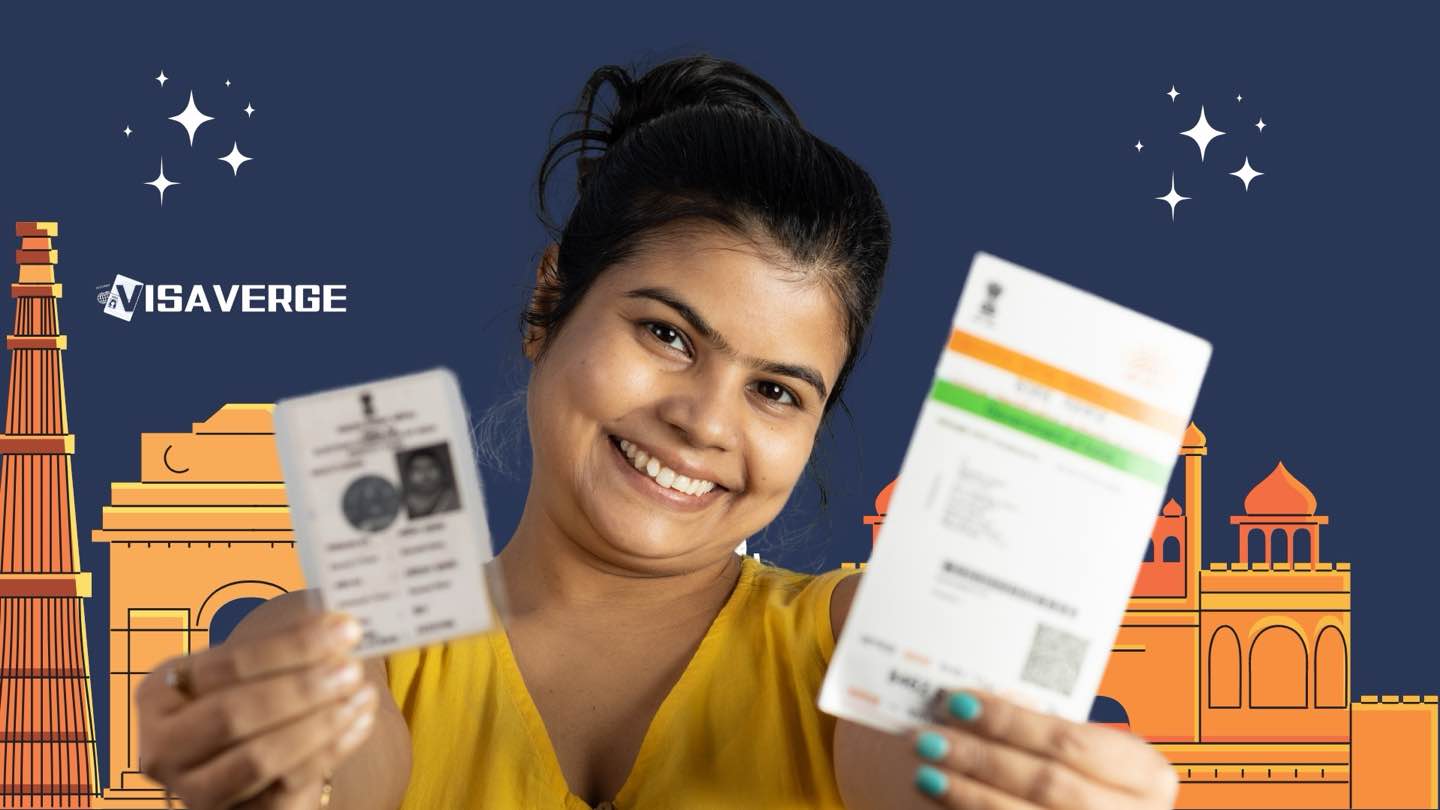
What “Aadhaar not proof” means
- Election officials cannot accept Aadhaar as a document to prove when someone was born, where they live, or whether they are a citizen.
- The Election Commission of India may ask for Aadhaar during electoral roll enumeration to verify identity, but it is not a substitute for documents that show citizenship and residence.
- These limits come directly from the Aadhaar Act and from Supreme Court directions, which have repeatedly stated that Aadhaar is not conclusive proof of citizenship and must be independently verified if submitted for any statutory purpose.
“Aadhaar establishes identity but does not prove nationality, place of residence, or date of birth.” — As reflected in the Supreme Court rulings and the Chief Election Commissioner’s statement.
Voluntary submission and legal basis
The Commission underlined that giving Aadhaar details during voter enrollment is optional. The Chief Election Commissioner pointed to the Aadhaar Act and to Section 26 of the Representation of the People Act, 1950, to confirm that applicants cannot be forced to submit Aadhaar for voter registration.
In practice:
– A person can apply to be added to the electoral roll without sharing Aadhaar.
– Applications must be assessed based on other qualifying documents and checks.
– Election officials may request Aadhaar for identity matching, but cannot treat it as proof of citizenship, date of birth, or residence.
Policy clarification and legal basis
The Supreme Court’s orders since 2023 leave little room for doubt: Aadhaar is not a citizenship document. The Court has affirmed that Aadhaar establishes identity but does not prove nationality, place of residence, or date of birth.
The Chief Election Commissioner’s statement aligns with:
– Those rulings,
– The Aadhaar Act’s scope, and
– UIDAI’s position that Aadhaar is issued to residents of India, not exclusively to citizens.
This legal distinction matters because voter registration requires both identity and eligibility. Eligibility depends on being an Indian citizen of legal voting age and residing in the constituency. Since Aadhaar does not prove citizenship or residence, applicants must use other documents.
Accepted proofs highlighted by the Commission include:
– Indian Passport
– Voter Identity Card (EPIC)
– Birth certificate from municipal authorities
– Certificate of Citizenship for naturalized citizens
– Any other document prescribed under the Citizenship Act, 1955
What applicants should use instead
For those seeking inclusion in the electoral roll, gather papers that match the requirement being checked:
- To show citizenship:
- Indian Passport
- Voter Identity Card (EPIC)
- Certificate of Citizenship
- Documents allowed under the Citizenship Act, 1955
- To show date of birth:
- Birth certificate issued by a municipal authority or other legally recognized birth record
- To show residence:
- A document that clearly links the applicant to the address in the constituency (for example, a domicile certificate or other accepted local proof)
Aadhaar may still help with identity verification, but it cannot fill the gaps for nationality, birth date, or domicile.
Practical steps during enumeration
Election workers are expected to follow these rules during door‑to‑door enumeration and desk reviews:
- Request identity documents and, if offered, use Aadhaar only for identity matching.
- Ask for the appropriate citizenship, birth, or residence documents to establish eligibility.
- Treat Aadhaar submission as voluntary; applicants should not be denied registration solely for declining to share an Aadhaar number if they provide alternative documents.
If a booth-level officer requests Aadhaar, applicants can share it to confirm identity, but they should be ready to provide other papers to prove eligibility.
Applicability to all Aadhaar versions
The rule is the same for all versions of Aadhaar, whether issued before or after 2023: Aadhaar is not proof of birth, residence, or citizenship. The Supreme Court’s orders and the Aadhaar Act define these limits and they apply nationwide, including in special drives to update electoral rolls.
Impact and responses
- Civil society groups working with first‑time voters, internal migrants, and senior citizens welcomed the message on optional Aadhaar submission. They said it reduces stress for people who feared their applications would stall without an Aadhaar number.
- Election officials cautioned that applicants must still meet all other legal requirements. If a person cannot provide documents showing citizenship or residence, the application can be put on hold until proper papers are produced.
Practical advice for families helping young adults register:
– Keep a birth certificate ready for the date of birth check.
– Use an Indian passport or other citizenship proof where available.
– For residence, provide a document tying the applicant to the constituency address.
– Attach Aadhaar for identity only; do not rely on it as the sole document.
VisaVerge.com reports that consistent document sets reduce back‑and‑forth with field officers and cut processing time during enumeration drives.
UIDAI guidance and official resources
The Unique Identification Authority of India (UIDAI) supports the distinction between identity and citizenship. Its public materials note that Aadhaar is a 12‑digit number for residents, and does not by itself prove nationality.
For official guidance on Aadhaar’s scope and electoral roll processes, consult the Election Commission of India: https://eci.gov.in/
Key takeaway
Aadhaar helps prove who you are, but not whether you are a citizen, where you live, or when you were born. For voter registration, applicants should prepare documents that meet these separate tests.
People who already shared Aadhaar with election staff do not lose any rights; their applications will still be checked against the correct legal standards. Those planning to apply should prepare the right documents early to avoid delays during the next enumeration cycle.
This Article in a Nutshell
On October 6, 2025, Chief Election Commissioner Gyanesh Kumar reiterated that Aadhaar is solely proof of identity and cannot be used to establish birth date, residence, or citizenship for voter registration. This policy follows Supreme Court rulings from 2023 onward and the Aadhaar Act. Election officials may request Aadhaar voluntarily for identity matching during electoral roll enumeration, but applicants must present other legal documents—such as an Indian passport, EPIC, birth certificate, or certificate of citizenship—to prove eligibility. The rule applies to all Aadhaar versions. Applicants who decline to share Aadhaar should provide alternate documents; missing citizenship or residence papers can delay registration.



